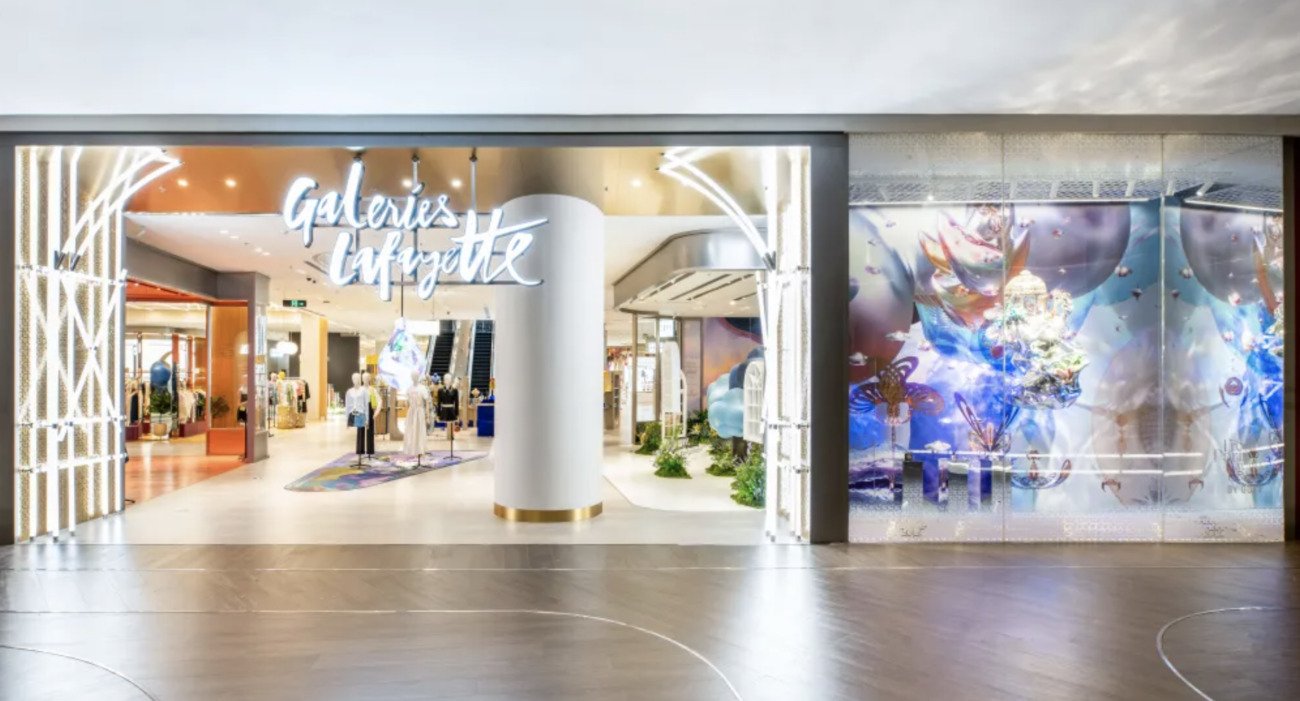The Gamification of Retail
Online marketplace Bluefly and startup NeWants are partnering to sell limited-availability products through an interactive, gamified flash page where shoppers can earn discounts of up to 95% by sharing the product page through their social networks, according to

- Online marketplace Bluefly and startup NeWants are partnering to sell limited-availability products through an interactive, gamified flash page where shoppers can earn discounts of up to 95% by sharing the product page through their social networks, according to a NeWants press release.
Once per day, shoppers will be given the opportunity to share the page to receive three attempts at a higher rate of discount. Sellers, meanwhile, potentially can drive up interest in their offerings and earn more money by linking to them on the flash page.
The platform enables pre-selling of products developed “using a crowdsourced blockchain-based model that enables customers to become investors by funding the latest manufactured products, and sharing profit once the product sells,” the press release stated. NeWants said it would cap its number of vendors and manufacturing partners at 10,000 to effectively manage quality standards.
Retailers have been pursuing different kinds of gamified shopping strategies for years now, initially using game-like features in mobile app promotions, loyalty programs and in other ways. However, gamified retail may really be set to hit its stride in an age where two major trends — socially-influenced shopping and the sharing economy — are intersecting.
One of the more recent attempts at gamified shopping — Amazon’s Scout service — directly takes cues from the social networking culture by presenting shoppers with products they can like or dislike to essentially build their own personalised shopping platform.
NeWants is casting a wider net, looking to leverage the combined marketing firepower of the social media presence of socially-engaged shoppers, social influencers and the affiliates wanting to sell on its platform to disrupt how online marketplaces promote their products. It could represent a big shift in e-commerce marketing if it works, as the global online marketplace community is increasingly crowded and competitive.
Shoppers are not yet doing a lot of purchasing through social networks or from social media buy-buttons. According to a recent Sumo Heavy study, less than 20% of people have made purchases on social media channels, although an increasing number of them said social media is influencing their purchasing decisions. This platform may offer a way to harness that power.
Via RetailDive
 English
English






